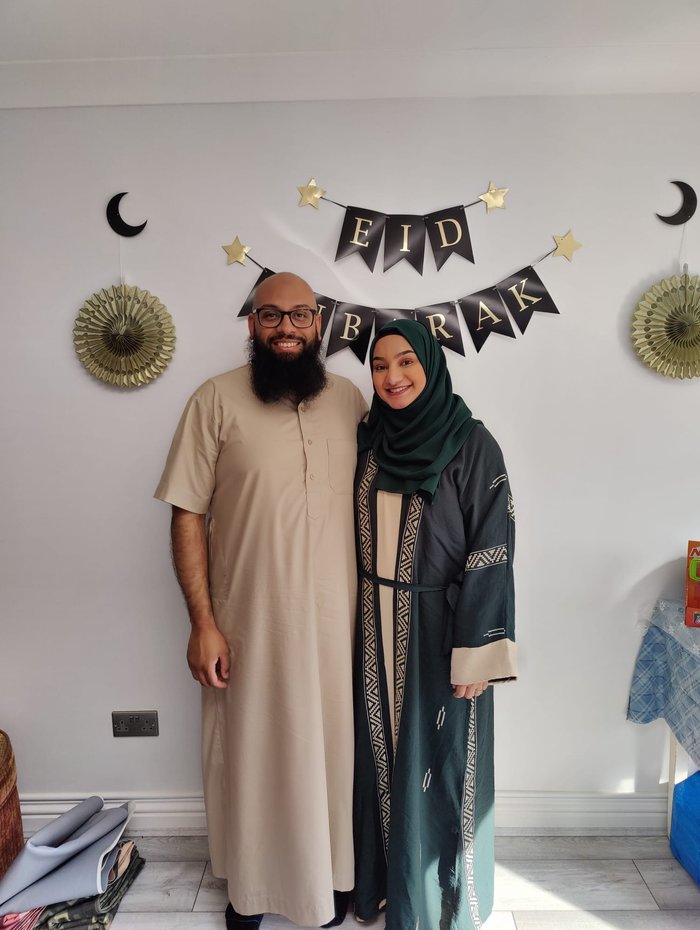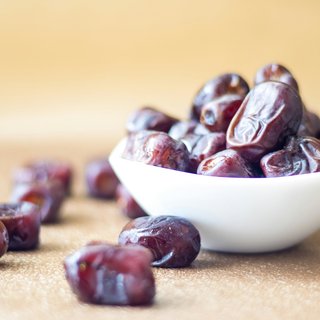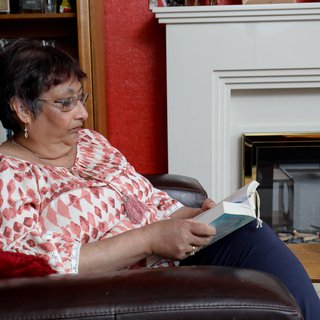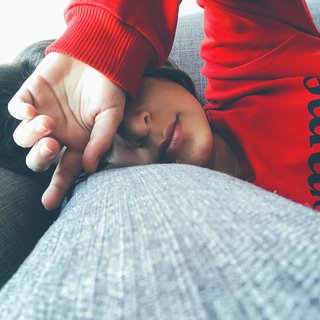Fasting during Ramadan while recovering from blood cancer
During the Islamic holy month of Ramadan, millions of Muslims worldwide fast between sunrise and sunset. In 2017 Nabeela was just a few weeks into her recovery from Hodgkin lymphoma treatment when Ramadan started. Here she talks about considering her health while deciding whether to fast.
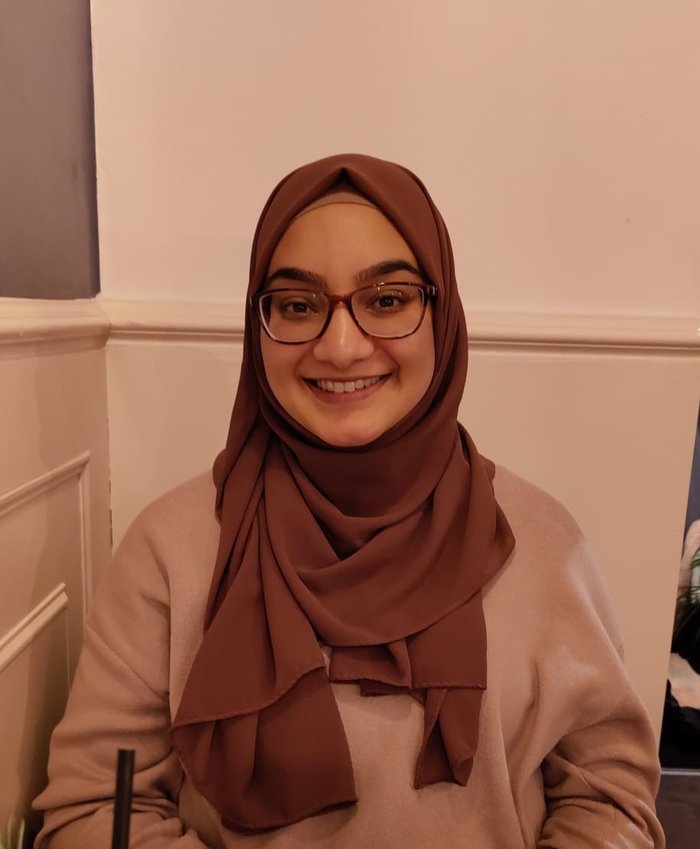
I finished my treatment for Hodgkin lymphoma in April 2017, and Ramadan started at the end of May. So I was just a few weeks into my recovery when I started to think about whether or not I would fast.
It was important to me to fast if I was able to. It’s one of the five pillars of Islamic faith, so it’s mandatory for every healthy Muslim who has gone through puberty. It’s something that a lot of Muslims take a lot of pride in as it is a month filled with service to God and gratefulness. As well as being important religiously, it’s culturally and socially important as it is the norm for everyone to get together, exchanging food and working on things such as charity initiatives with family and friends.
Equally, Islam says that religion is supposed to be easy, and there’s no pressure to fast if you’re not able to. There are exemptions, for example you don’t have to fast if you’re sick, or a woman on your period. If you can’t fast during Ramadan you can make up for it by fasting at a later date. And if a long-term illness means you will never be able to fast, you can donate to charity instead.
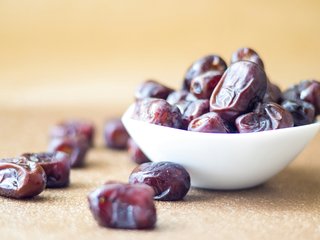
Religious fasting and blood cancer
Read about whether it's safe to fast when you have blood cancer, tips for a healthy Ramadan if you choose to fast, and other things you can do if it's not safe.
Making a decision that was right for me
After my treatment was over I asked my hospital team if it was safe for me to fast. They said that if I’d still been on active treatment they would have advised against it, but as I was in remission it was up to me, as long as I felt well enough.
I was still quite fatigued and had issues with dry mouth and an overactive bladder from chemotherapy, so I needed to consider all that when deciding whether to fast. Because Ramadan was happening in early summer, it would mean short nights without much sleep and long days with no food and water.
I discussed it with my family and they were supportive of whatever I wanted to do. I decided I wasn’t going to force myself to do every single day, but I would try to fast one day on, one day off. I would take it one day at a time, and not put pressure on myself to keep fasting if I felt unwell.
To be honest, that first Ramadan after my treatment ended was difficult. My fatigue was OK on the day I was fasting, but the next day I’d feel really lethargic.
With my dry mouth, it was a struggle not being able to drink water during the day or take any remedies by mouth. Once the sun sets you can rehydrate with plenty of fluids, but then that was challenging with my overactive bladder.
I’m glad I chose to have a day off after each day of fasting. I was having very broken sleep on fast day, so having the day off after each day of fasting meant I could get a full night’s sleep. I don’t think if I’d fasted every day I could have sustained it for very long.
Looking back at that first Ramadan after my blood cancer diagnosis, it was definitely an emotional time. There was a lot of gratefulness, from me and my family, that I was able to make it to Ramadan. I also felt a lot closer to my faith, as that had really helped me through my treatment. So it was a time to reflect on that and be thankful.
I don’t feel like fasting had any negative impact on my health, but it did show the extent of some of my side effects and bring them to the forefront. That was positive, because it made me go the GP and get help.
Making up the fasting days later
If you can’t fast for whatever reason, you have the option to make up the fasts later on. So I made up the fasting days I missed in the winter. It was much easier to keep fast at that time, because the days are much shorter.
You don’t have to fast if you’re having your period during Ramadan, so as a woman you’ll often find there are other women in your community who are making up their fast at another time. It means you still get that support and you’re not fasting on your own.
I imagine if you’re a guy it might be a bit harder to find others to fast with later on. But there’s always the option to fast on Mondays and Thursdays. This is optional fasting that quite a few people do, so you’ll find a lot of people on those days will be breaking their fast at the mosque. So you could fast on those days, and that way you’ll have a bit of a community to break your fasts with.
My advice to anyone with blood cancer or in recovery, who’s thinking about whether to fast during Ramadan, is first to check with your hospital team or GP. Everyone’s different, so what’s right for one person might not be right for someone else.
If your hospital team or GP say it’s safe to fast, and you want to go ahead, then take it day by day. It’s ok to see how you feel each morning, and give yourself permission to not complete the fast if you don’t feel well. It can feel like there’s external pressure to complete the fast, but really the people around you who love and care for you won’t want you to do anything that could make you feel worse.

